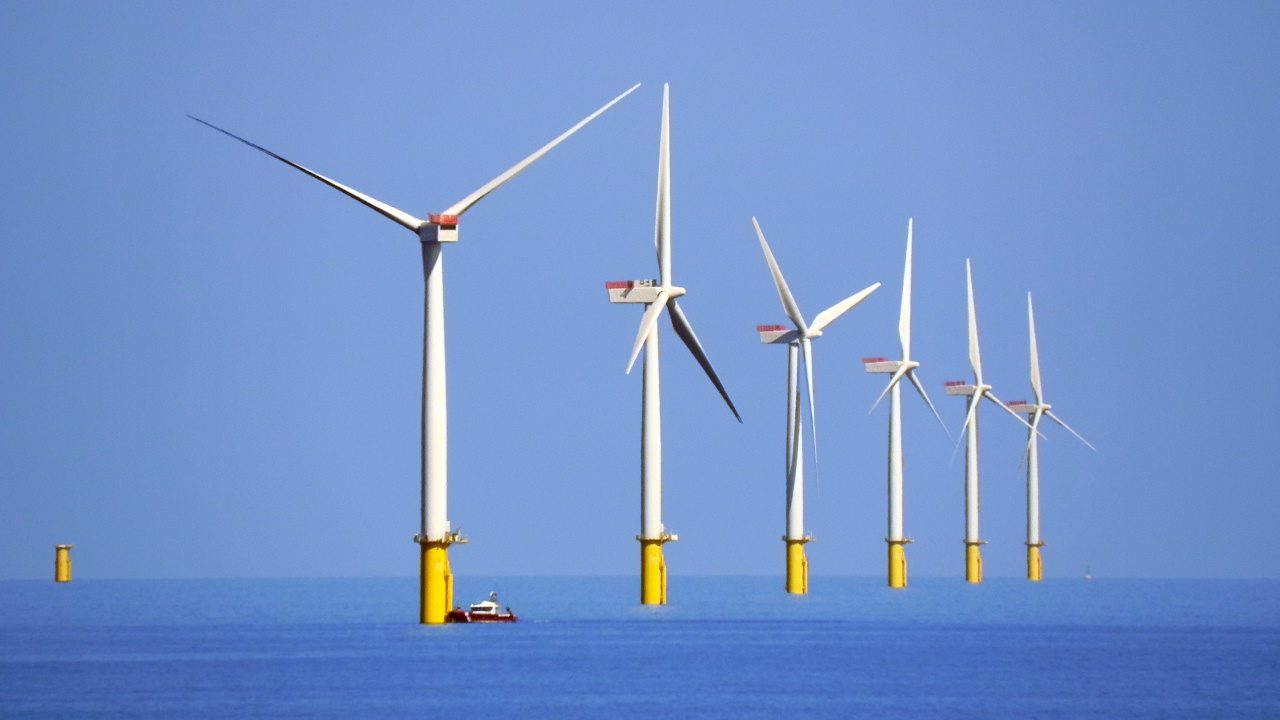During 2020, lower energy demand caused by lockdown measures related to the Covid-19 pandemic “significantly affected” certain fuel categories across the EU, according to new data from Eurostat.
However, renewables “stand out as an exception – continuing their growth, especially in electricity generation”.
Renewable surpasses fossil fuels
In 2020, electricity generation from fossil fuels continued to decrease, recording its lowest point: from 1,226,156GWh in 1990, to a peak of 1,584,005GWh in 2007, to 1,133,402GWh in 2019 and 1,022,589GWh in 2020 (9.8% decrease compared with 2019).
In the last decade there was “a remarkable growth” of electricity generation from renewable sources.
According to the preliminary data for 2020, electricity generation from renewables overtook for the first time, that from fossil fuels.
The data indicates a significant decrease in the EU’s inland consumption of fossil fuels.
In general, fossil fuels in 2020, especially solid fossil fuels, are expected to be at a record low level since data has been available.
Oil, petroleum, gas and coal
A massive fall in oil and petroleum product consumption and a moderate one for natural gas stand in “vivid contrast” to the previous years’ trend.
In 2020, consumption of oil and petroleum products dropped by 12.9% compared with 2019. Compared with 2005, the consumption of oil and petroleum products registered a fall of 23.1% in 2020.
Natural gas inland consumption was less affected in 2020 – the decrease compared with 2019 was of only 2.6%. Nevertheless, there was a drop of 8.9% since 2005.
Coal consumption continued its strong decline, following the effects of the pandemic combined with those of coal exit policies.
Compared with 2019, the 2020 provisional data shows significant falls of 20% for brown coal and 18% for hard coal.
Fit for 55 package under European Green Deal
In the European Commission’s work programme for 2021, the revisions and initiatives linked to the European Green Deal climate actions and, in particular, the 2030 target to cut net greenhouse gas emissions by 55%, are presented under the Fit for 55 package.
A number of initiatives were announced under this package for the second quarter of 2021, but the commission postponed the initial batch to July 14, of this year.
These initiatives include: a revision of the EU Emissions Trading System (ETS); an amendment to the Renewable Energy Directive and Energy Efficiency Directive to implement the ambition of the new 2030 climate targets; and measures to reduce methane emissions in the energy sector.
There will also be a revision of the regulation on the inclusion of greenhouse gas emissions and removals from land use, land use change and forestry (LULUCF) and a revision of the directive on deployment of alternative fuels infrastructure.
